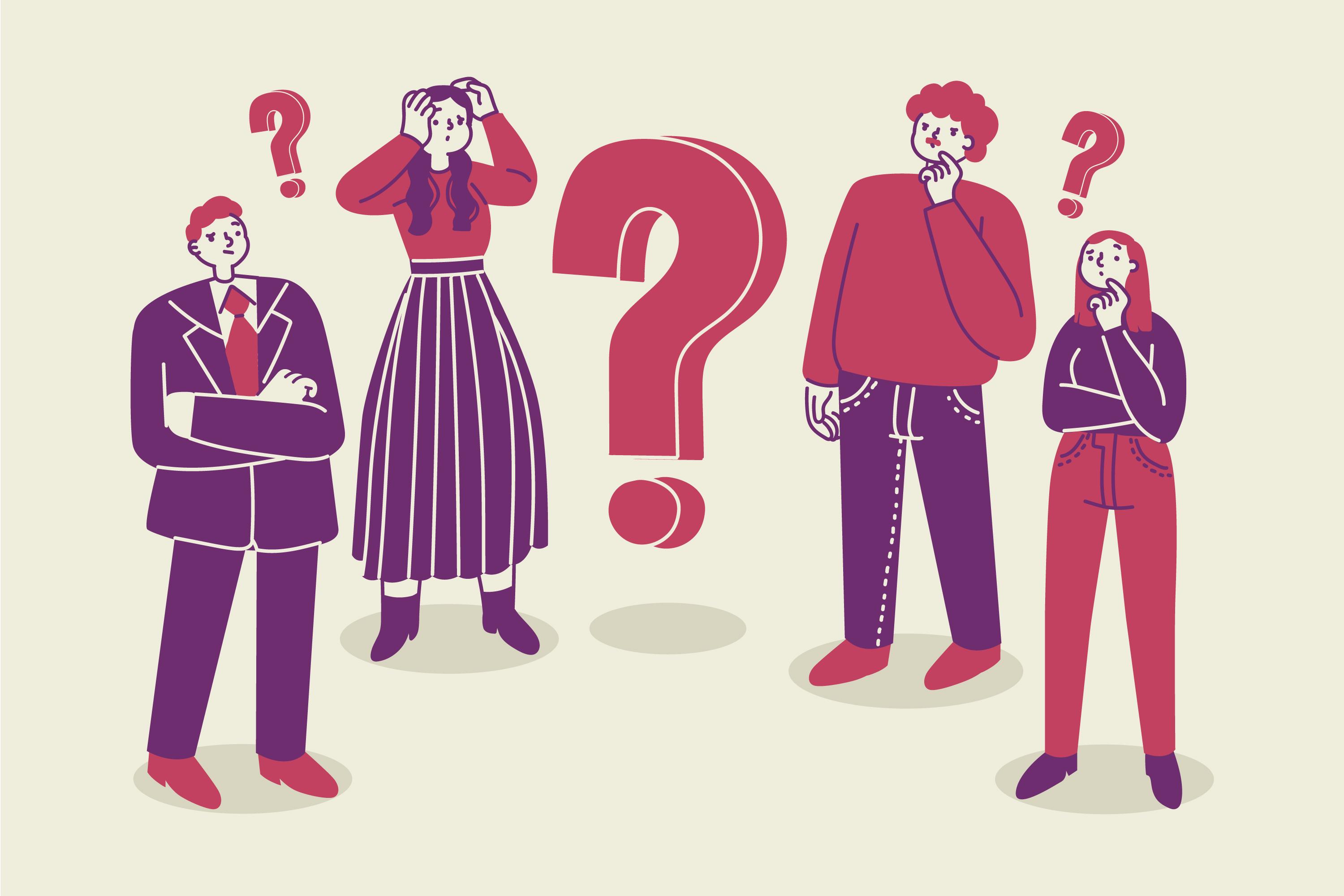How to solve riddles is almost a riddle in itself. Is there a magic formula to solve all the enigmas? A way to spot and avoid the traps? A shortcut to the desired answer? Unfortunately, the answer is no, but only to a certain extent.
There is no walkthrough to solve each and every one of these word puzzles, but there are strategies and approaches that can speed up and improve your thinking performance when analyzing them.
What is a riddle?
Before jumping into the strategies to solve riddles, you must understand their nature. These are word puzzles in the shape of enigmatic statements and questions that often employ wordplay and hidden meanings. They are deceptive, trying to send the solver’s path of thinking in a completely different direction than that of the answer.
As such, two processes are fundamental to understanding how to solve riddles: critical thinking and creativity. The first involves analyzing all the components of the statement(s), recognizing patterns when applicable, and drawing logical conclusions. The second is about thinking outside the box. Riddles are deceitful. The obvious answer is seldom the right one. The solver must think of unique and unconventional approaches to solving these problems.
How to solve riddles
Bearing in mind the importance of critical thinking and creativity in the process of solving riddles, it’s time to set up a guide to help you find solutions to any enigmas that cross your path.
1. Read or listen to it carefully
The first step to solving a riddle is to understand it clearly, whether you are reading or listening to someone telling it. In a riddle, every word is deliberately chosen and may hold clues to its solution. You must pay attention to specific wording, phrasing, and any unusual or repeated words. Look carefully for any potential double meanings or hidden messages.
2. Break it down
The second step is to break the riddle down into smaller parts. Separate each statement and look at them individually. Do they make sense when standing alone? Is there any noun, adjective, or verb that makes the sentence sound unnatural or strange? How are the statements connected to each other?
Breaking it down will make it easier for you to cross into the next step.
3. Identify patterns
Patterns are very important when it comes to riddles. They can be obvious or they can only reveal themselves once you break the riddle down, but the important thing is that they tend to provide valuable hints towards the solution. Look for recurring themes, rhymes, or patterns in the language or structure of the riddle. These can guide your thinking and help you uncover the answer.
4. Think outside the box
Thinking logically will only get you so far. Remember that the process of how to solve riddles must include a good dash of creativity. So, both when you are analyzing or interpreting the structure or patterns of the enigma, make sure to explore different perspectives too. Consider metaphorical or symbolic interpretations of the words in the riddle, for example.
5. Use a process of elimination
This is harder said than done. Most riddles will try to force you to think of an obvious answer that is also the (obvious) wrong one. That is part of their trickery to catch you unaware when the solution is revealed.
You must discipline yourself to learn about eliminating and blocking certain paths of thought once you have established, unequivocally, that they are wrong. Don’t let them create any noise in your mind and try to fool you into wasting time and thinking process on something that you know is useless.
6. Brainstorm
If you are not engaging in a competition for the person who can solve the riddles first, then you should brainstorm out loud. Sometimes, solving a riddle becomes easier with the help of others. Different people have different thinking processes and can bring fresh perspectives and ideas that may lead you to the solution.
7. Practice
Like any skill, riddle-solving improves with practice. While going through all these steps on how to solve a riddle might prove burdensome at first, they will become something natural once you start solving these word puzzles regularly.
Like magicians, riddles will have you focus on one hand while performing the trick with the other. The more you practice, the quicker you will become at identifying which type of trickery is at play and recognizing which hand is the decoy and which is the solution.
Play the riddle of the day every day, for example, and you will see your performance improve in just a few days.
Enjoy the Journey
Remember that riddle-solving is meant to be enjoyable. The process of unraveling the mystery is part of the fun, so don't be discouraged by temporary setbacks. Following these strategies, embracing a positive mindset, and having fun with riddles will ultimately enhance your ability to solve them.
Impress anyone with your master skills in solving enigmas, with these 7 steps on how to solve riddles. Turn these brain teasers into brain feeders!
